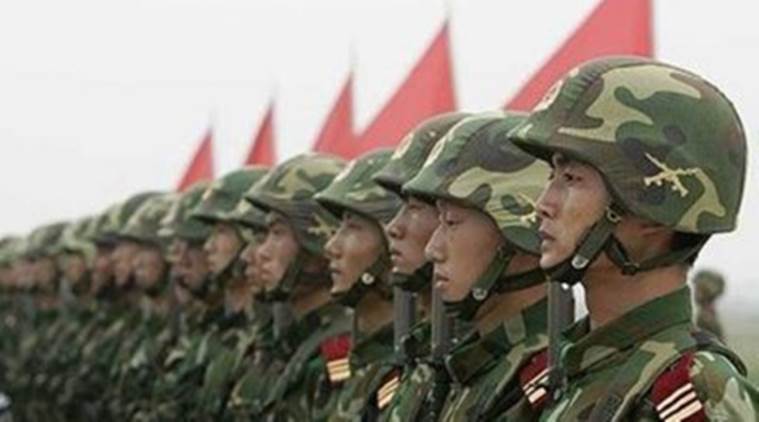 (TibetanReview.net, Aug06, 2017) – Chinese experts have been cited as saying that after six ministries and institutions had made remarks on the incident within the past 24 hours as of Aug 4, Beijing will not allow the military standoff between China and India in Doklam to last for too long, and there may be a small-scale military operation to expel Indian troops within two weeks.
(TibetanReview.net, Aug06, 2017) – Chinese experts have been cited as saying that after six ministries and institutions had made remarks on the incident within the past 24 hours as of Aug 4, Beijing will not allow the military standoff between China and India in Doklam to last for too long, and there may be a small-scale military operation to expel Indian troops within two weeks.
“The series of remarks from the Chinese side within a 24-hour period sends a signal to India that there is no way China will tolerate the Indian troops’ incursion into Chinese territory for too long. If India refuses to withdraw, China may conduct a small-scale military operation within two weeks,” the state-run Globaltimes.cn Aug 4 quoted Hu Zhiyong, a research fellow at the Institute of International Relations of the Shanghai Academy of Social Sciences, as saying.
The commentary, by one Liu Xin, noted that from Thursday to Friday (ie, Aug 3-4), two ministries and four institutions, including the Chinese foreign ministry, the defense ministry, the Chinese Embassy in India and the People’s Daily, had released statements or commentary on the military standoff between China and India in Doklam, Tibet Autonomous Region. It added that the standoff had lasted for almost two months and there was still no end in sight.
Hu has said the military operation would aim to seize Indian personnel “illegally lingering in Chinese territory” or to expel them. He has added that the Chinese side will inform the Indian Foreign Ministry before its operation.
The commentary noted that the state-run China Central Television (CCTV) had again reported Aug 4 that the Tibet military region had conducted live fire exercises in recent days in Tibet. “The exercise began at 4 am. A group swiftly took ground and loaded ammunition. The firing began just after dawn … the army used different ways to attack the same target,” CCTV was quoted as reporting.
And the commentary quoted Zhao Gancheng, director of the Center for Asia-Pacific Studies at the Shanghai Institute for International Studies, as saying, “The exercises are a sign that China could use military means to end the standoff and the chances of doing so are increasing as the Indian side is still saying one thing and doing another.”
Hu has maintained that Sino-Indian ties have been severely damaged and strategic distrust will linger no matter how the standoff ends.
And according to Zhao, if the current standoff ends in a military clash, bilateral ties would suffer for at least five years, and India may stir up troubles with China, which may cause tensions among China’s other neighbours.
China cites an 1890 colonial treaty with Britain which is devoid of any legitimacy, and which therefore could never be enforced, to assert its claim over Doklam, which is claimed by Bhutan as well. It is located close to the tri-junction with the Indian state of Sikkim. India sent its troops from across Sikkim on Jun 6 after Bhutan raised an alarm that China was building a road towards its Army camp in Zompelri area of Doklam. To India this was also a strategic security threat as China would then gain access to the so-called Chicken’s Neck, a thin strip of land connecting the country to its eight northeastern region states.
India says the Chinese action to construct the road was unilateral, against a 2012 agreement, and changes the status quo. India’s foreign ministry spokesman Gopal Baglay said Aug 4 that New Delhi was in close co-ordination with Bhutan over the Doklam issue. China maintains that India has no right to stand up for Bhutan.


